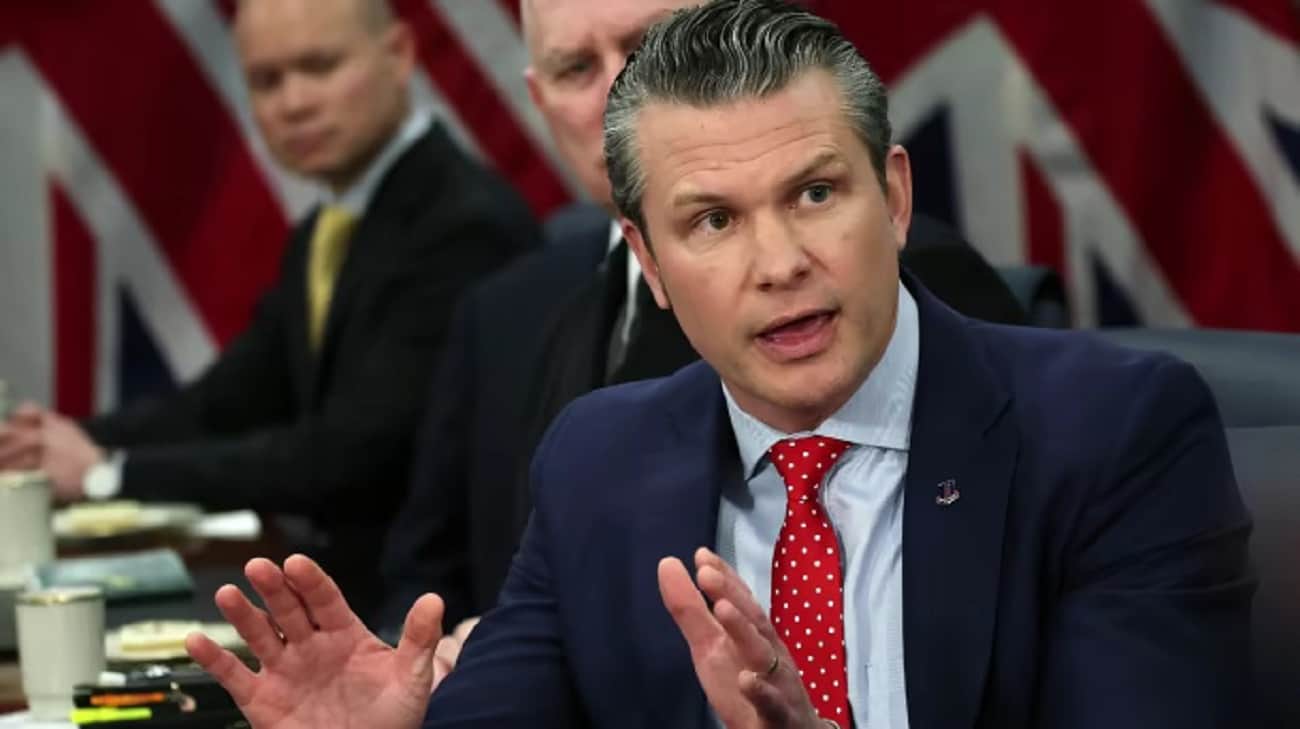The future of European defense!

Since its founding in 1949, NATO has been the protective shield of Western Europe, a postwar-forged commitment that guaranteed decades of stability. During the Cold War, he rose like a wall against Soviet expansion. With the fall of the Berlin Wall, he expanded to the east, welcoming countries that, for decades, lived under the shadow of the iron curtain.
But what if, one day, this security network disappears?
It is undeniable that the United States is the central pillar of NATO, providing most of the financing, military technology and operational capacity. If, by a political turnaround, Washington would move away from the commitment to European security, or if the alliance collapsed, the Old Continent countries would have to face a new and uncertain reality.
Today, few European nations fulfill the goal of spending 2% of GDP in defense. Without the born, military budgets would have to increase dramatically, requiring cuts in essential areas such as health, education and innovation. Dependence on American technology and logistical support would make the mainstream vulnerabilities of the continent evident. Without this support, Europe would have to lift, at a dizzying pace, new military capabilities to ensure its own safety.
The geopolitical impact would be equally deep. A weakened or extinct swim could make room for Moscow to expand its influence on Eastern European countries. Europe would then be forced to redefine alliances, perhaps narrowing ties with emerging powers such as China, India or Japan in an attempt to balance strength. Others would advocate the creation of a unified European defense force, an ambitious but politically delicate project that would require an unprecedented level of cooperation and investment.
Donald Tusk, former Prime Minister of Poland, has warned of this reality. According to him, Europe has the economic potential to defend itself, but it lacks political will. As stated: “At this time, 500 million Europeans begged protection for 300 million Americans against 140 million Russians, who have failed to win 50 million Ukrainians in the last three years.”
But even if Europe decided to assume its own defense, the way would be arduous. To ensure effective protection, a unified military command, a massive investment in cutting-edge technologies and a drastic reduction in dependence on US equipment would be required. The dilemma of course: each euro invested in defense is a euro that will not be channeled to other social and economic priorities.
In recent decades, Europe has used the comfort provided by NATO. Under the protective wing of the United States, the old continent was able to focus more on economic growth and political integration than on strengthening its autonomous defense capacity. But with the growing geopolitical tensions and the questioning of the American commitment, there is an inevitable question: will Europe be ready to rise from the NATO cushion and assume its own security?
Since the founding of NATO, Europe has benefited from a robust military shield with the US to take over most of the charges. The Cold War solidified this dependence and, even after the fall of the Berlin Wall, Europeans continued to rely on the Atlantic alliance for their protection.
However, over the years, the lack of European investment in defense has been evident. Most European Union (EU) countries failed to reach the goal of 2% of GDP for military expenses, stipulated by NATO. This reluctance was justified by the belief that US military power would be enough to determine any external threat.
Donald Trump’s election, with his critical speech about NATO financing, was a warning sign for Europeans. Despite the change of leadership in Washington, the question remained: to what extent are the US willing to continue to protect Europe, especially when its strategic focus moves more and more to Indo-Pacific and China’s containment?
The war in Ukraine was another blow to the illusion of European security. It demonstrated that Europe, without the US, would have difficulty responding effectively to a conventional military threat. Although the EU has taken unprecedented measures, such as the sending of weaponry and the financing of Ukrainian defense, it remains highly dependent on US logistics and military capacity.
In recent years, initiatives have emerged to reinforce European autonomy in defense. Permanent structured cooperation (neck) and the European Defense Fund are examples of attempts to coordinate and invest in the European military industry. However, the fragmentation of the European Armed Forces, divergent national interests and the lack of clear leadership make it difficult to build a true European strength structure.
Europe faces a crucial dilemma. It can continue to trust the NATO, risking an uncertain future if the US decides to reduce its commitment. Or you can seriously invest in your defense, accepting the financial and political costs it implies.
Time will say whether the old continent is ready to take over its own destination or will continue to sleep comfortably under the Atlantic Alliance pillow.
Member of Sec. EX. from Eurodefense-Portuguese








